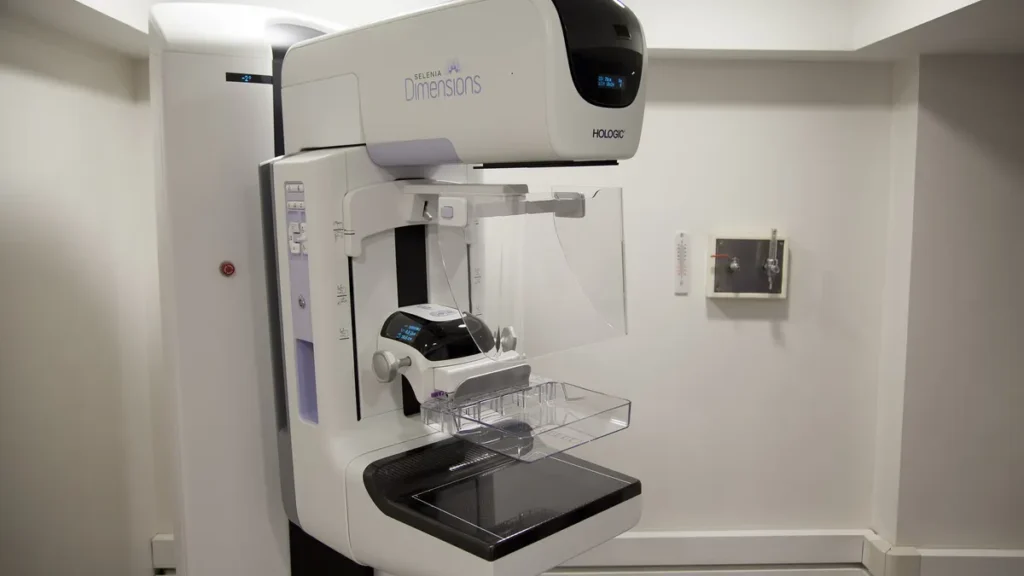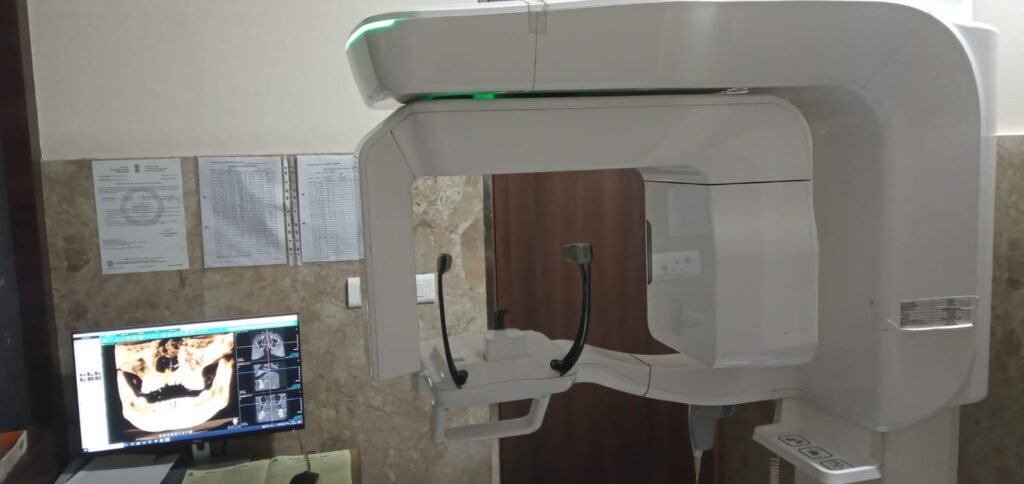- promilalko@gmail.com
- Near Lekhraj Metro Station, Faizabad Road, Lucknow-226016
- Mon - Fri: 8:00 am - 7:00 pm
Promila Diagnostic Center, Lucknow is a place where you can get the best health check-ups and it's very cost effective.
Visiting Hours
| Mon - Fri: | 8:00 am - 8:00 pm |
| Saturday: | 9:00 am - 6:00 pm |
| Sunday: | 9:00 am - 6:00 pm |
Gallery Posts











